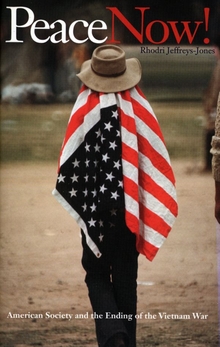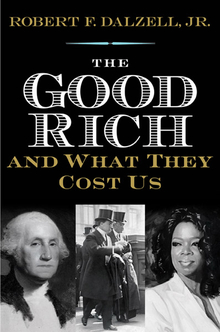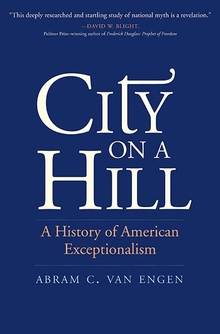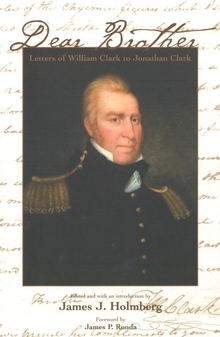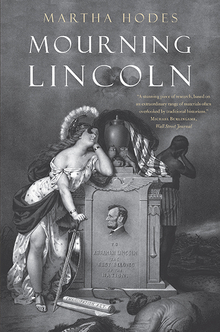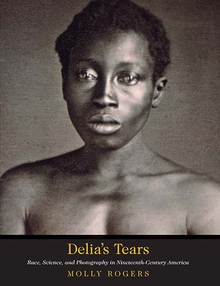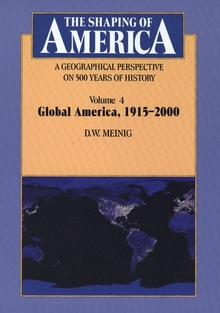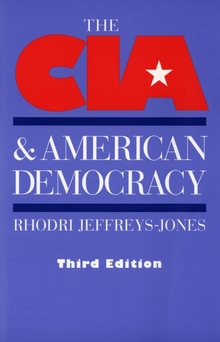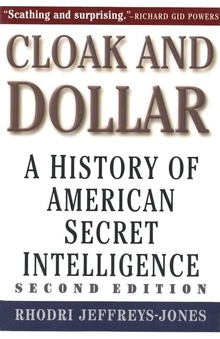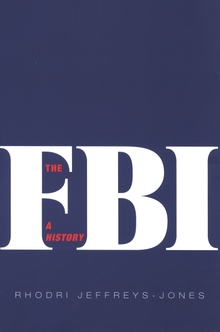Peace Now!
WARNING
You are viewing an older version of the Yalebooks website. Please visit out new website with more updated information and a better user experience: https://www.yalebooks.com
American Society and the Ending of the Vietnam War
Rhodri Jeffreys-Jones
How did the protests and support of ordinary American citizens affect their country’s participation in the Vietnam War? This engrossing book focuses on four social groups that achieved political prominence in the 1960s and early 1970s—students, African Americans, women, and labor—and investigates the impact of each on American foreign policy during the war.
Drawing on oral histories, personal interviews, and a broad range of archival sources, Rhodri Jeffreys-Jones narrates and compares the activities of these groups. He shows that all of them gave the war solid support at its outset and offers a new perspective on this, arguing that these “outsider” social groups were tempted to conform with foreign policy goals as a means to social and political acceptance. But in due course students, African Americans, and then women turned away from temptation and mounted spectacular revolts against the war, with a cumulative effect that sapped the resistance of government policymakers. Organized labor, however, supported the war until almost the end. Jeffreys-Jones shows that this gave President Nixon his opportunity to speak of the “great silent majority” of American citizens who were in favor of the war. Because labor continued to be receptive to overtures from the White House, peace did not come quickly.
Drawing on oral histories, personal interviews, and a broad range of archival sources, Rhodri Jeffreys-Jones narrates and compares the activities of these groups. He shows that all of them gave the war solid support at its outset and offers a new perspective on this, arguing that these “outsider” social groups were tempted to conform with foreign policy goals as a means to social and political acceptance. But in due course students, African Americans, and then women turned away from temptation and mounted spectacular revolts against the war, with a cumulative effect that sapped the resistance of government policymakers. Organized labor, however, supported the war until almost the end. Jeffreys-Jones shows that this gave President Nixon his opportunity to speak of the “great silent majority” of American citizens who were in favor of the war. Because labor continued to be receptive to overtures from the White House, peace did not come quickly.
Rhodri Jeffreys-Jones, professor of American history at the University of Edinburgh, is the author of many books, including The CIA and American Democracy, published by Yale University Press.
“Destined to become required reading for university students of U.S. foreign policy.”—Peter Ling, Times Higher Education Supplement
ISBN: 9780300089202
Publication Date: February 8, 2001
Publication Date: February 8, 2001
320 pages, 5 1/2 x 8 1/4
11 b/w illus.
11 b/w illus.

